As an early Generation X’er (1965) with Attention Deficit Hyperactivity Disorder (ADHD), this basically meant I didn’t know I had ADHD. By my teenage years I had a background awareness that something was up; I struggled to stay on track at a decent school (though maybe not one suited to left field people) and couldn’t understand why, I often couldn’t focus when someone was talking to me and I started sliding into addictive behaviours to quell the anxiety caused by the condition. I still don’t really know if not knowing was a good thing or not. The positives of not knowing are that I just had to progressively work out how to regulate myself to prevent my chaotic life completely unravelling (despite the messy ride being exciting at times); the negatives are that I can’t help wondering if I couldn’t have been saved from a lot of needless suffering and mayhem if I’d known? Or where I would be now if I’d had support? There is no question that for me my life choices and outcomes have been defined by this condition.
Continue reading “ADHD Aged 60. How it Started , How it’s Going ..”Author: Nev Cregan
The sustainable path to health and longevity (expensive quick fixes not included).
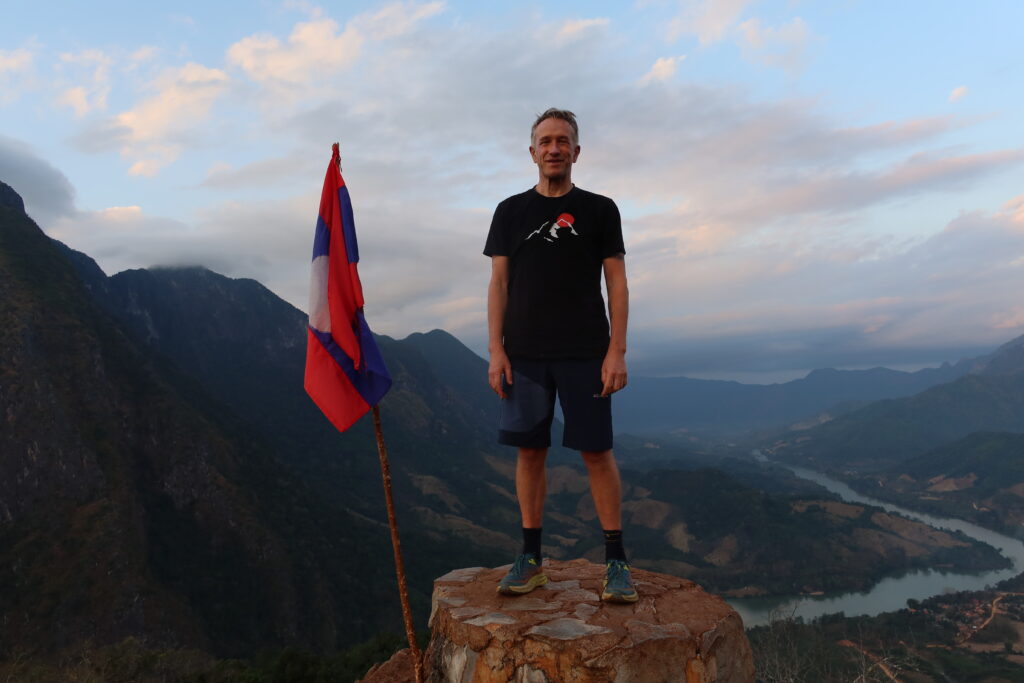
There are a lot of unrealistic ideas out there promising this or that life enhancing elixir or quick fix and then, hey, your life and health and or looks will be somehow optimised. Biotechnology may offer some amazing potential treatments to come, but is not without risks to people and nature, much of it is not here yet and some of what it promises may offer unrealistic hope. Pharmaceutical products and natural seeming tonics and supplements are also potentially a mixed bag of outcomes where it’s hard to distinguish between genuine efficacy and placebo effect (even though that is an efficacy). Beyond that, questionable expensive surgical enhancements may tempt people in the hope of looking and feeling better. Commercial interests underpinning all of these products also muddy the waters of the truth of what may really help us feel good and live well.
Staying well and working with what we have is to my mind our best and most affordable option . With a little thought and effort anyone willing to learn to live in alignment with principles that work for them, and be consistent with that approach, can experience positive change in health status and even reversal of some health issues.
Flux and renewal are at the heart of life processes; biologically and neurologically we are constantly regenerating and resetting in response to our environment even as we age. This is cause for optimism; life is malleable. Cellular renewal occurs at all ages and the brain and nervous system are constantly rewiring and restructuring in response to our environment. Positive change is always possible and to a fair degree in our hands. How we live hugely influences how we feel and how life goes for us so some basic understanding of how these processes work can empower us to live long, healthy and well.
Continue reading “The sustainable path to health and longevity (expensive quick fixes not included).”The Largest Table Tennis Tournament in the World (Ever).
The ITTF (International Table Tennis Federation) World Masters Table Tennis Championships took place this year (2024) in July in Rome, Italy. At 6,ooo competitiors competing in five year age groups from over 40’s to to over 90’s, it was the largest table tennis competiton ever held. The range was huge, from current professional players such as Joao Montiero, Portuguese 40+ age group gold medallist and still ranked in the top 100 in the world, through to Betty Bird a British 90+ gold medallist, along with 5,998 others; including my somewhat overambitious self chasing ping pong glory rainbows at the age of 58.
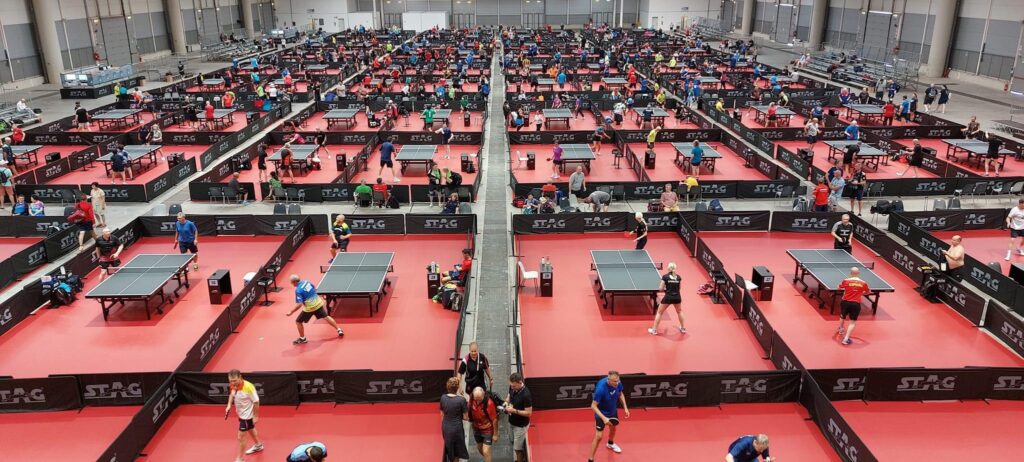
How does tension collect in the body ? How is it affecting us? What can we do about it?

Part of my job as a massage therapist is to help people lose tension held in the body, this in itself can leave some people looking transformed. Sometimes it is recently accumulated tension, relieved by letting go and relaxing; sometimes it is older more chronic tension, more solidified in bodily tissues that needed a more active intervention, sometimes something of both. Either way, releasing tension is good for us and holding tension in the body is not for a variety of reasons:
- It feels unpleasant.
- we feel contracted and tight.
- It can restrict breathing.
- Muscles feel gripped.
- It can constrict blood flow though vessels, tissues and organs.
- It can be at the seat of some body pain.
- It can steal our energy (it takes energy to hold tension).
- It can leave us anxious or depressed (though that is a chicken and egg story).
- Chronic tension and stress can have more pernicious effects on our physiology which can damage our health ( a longer story beyond the scope of this article).
Here are some suggestions around what causes it and how we can learn to handle it.
Continue reading “How does tension collect in the body ? How is it affecting us? What can we do about it?”La Loire a Velo, Cycling the Loire Valley in France. A photo Essay.
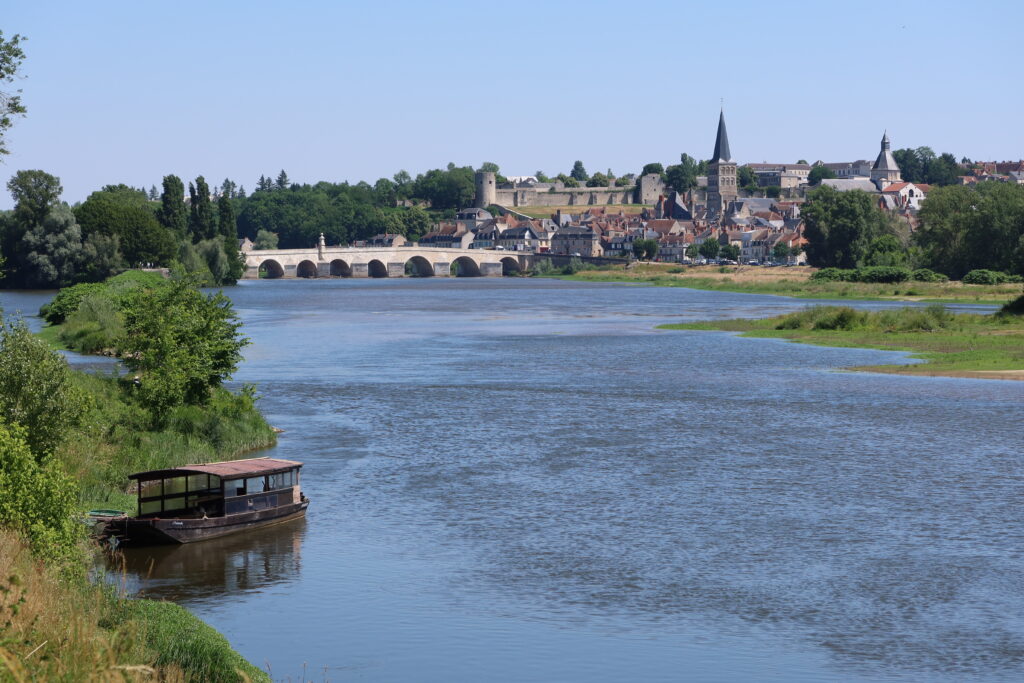
This is not a wine or chateau guide in case you were wondering, I don’t drink so there’s not much point. In my early twenties I twice picked grapes in Aloxe-Corton, Burgundy, which was a wonderfully timeless experience and I drank more than enough of the local produce on that trip to satisfy my curiosities. I often thoroughly research my travels in advance, but this time I wanted to travel with as few a preconceptions as possible to see what I could see from as fresh as possible perspective. I do though know France fairly well, and buried deep in the architecture of my brain is French language ‘O’ level (age 16 language qualification in the UK) which when in France miraculously starts to re-surface after a few conversations. So beyond the logistics of getting to Lyon in S.E. France from Totnes in S.W. England (not insignificant: four trains, a ferry and an overnight stay) and mapping basics, I decided that language skills, the fact that it is a well marked popular route, the plentifulness and generally high standard of French campsites and it being summer ought to be enough to just go.
Continue reading “La Loire a Velo, Cycling the Loire Valley in France. A photo Essay.”Cycling the Rhine Valley: from the source in the Swiss Alps to the mouth in Holland. A Photo Essay.
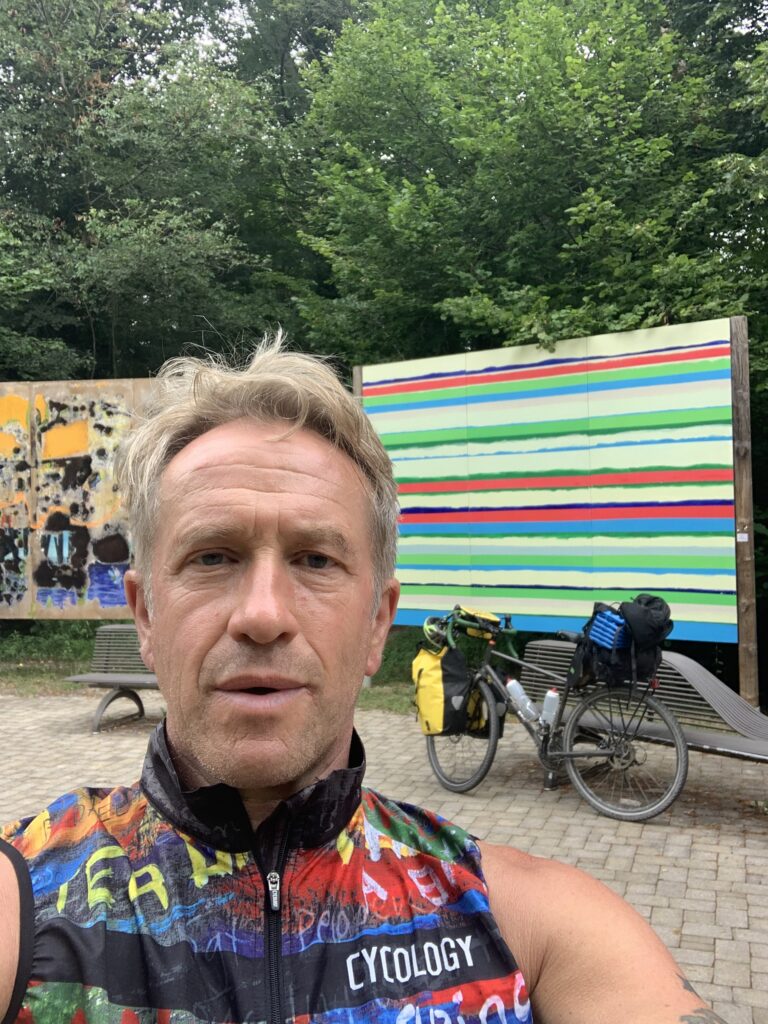
In June 2022 I cycled from the source of the River Rhine in the Swiss Alps to the mouth at the Hook of Holland, 1378 km over 18 days. From the narrow, high energy, rushing white water alpine source to the steady, slow and powerful current meandering in lowlands, the river and this route has many stories to tell. The Rhine effortlessly combines multiple roles: as source of leisure with people swimming, cruising, floating and lazing around, as a more gritty industrial transport system, as a hydro-electro power source and as a place of nature conservation. It effortlessly criss-crosses national borders around Switzerland, Austria, Germany and Lichenstein, sometimes in the same day, wonders into France and then lazily oozes into Holland and the North Sea. I mostly followed the Euro Velo 15 route.
Continue reading “Cycling the Rhine Valley: from the source in the Swiss Alps to the mouth in Holland. A Photo Essay.”A Very (Very) Short Introduction to the History and Philosophy of Yoga
Is Yoga a practice or a philosophy?
At its heart Yoga is an experiential practice with its origins embedded in Indian Hindu/Buddhist culture. But, I personally know a wide diversity of people who identify as variously as Hindu, Humanist/Atheist, Buddhist, Christian and Muslim who have adopted Yoga’s core practices of asanas (postures), pranayama (breath practices) and meditation as they perceive them as compatible with their beliefs/reasoning and provide practice based experiential support to explore their worldviews or their health. This suggests to me that Yoga is primarily a practice/experiential based system that can help and support people from any number of backgrounds and cultures.
That said there is an underpinning philosophy (arguably universal beyond Yoga) which in simple form looks like this: we experience suffering and disharmony to varying degrees because we view life and relationships through the murky lens of our family and societal conditioning and potentially inherited tendencies ( whether viewed as genetic or karmic or a combination of both). Yoga practices help us unpick and cut through these knots of conditioning so we can wipe the lens clean, ‘see’ clearly, and so live in harmony and peace with ourselves and others.
In essence philosophy gives us an approximate map to work from and reflect on, whilst practice and life is the actual territory.
Thai Market Culture. A Photo Essay.
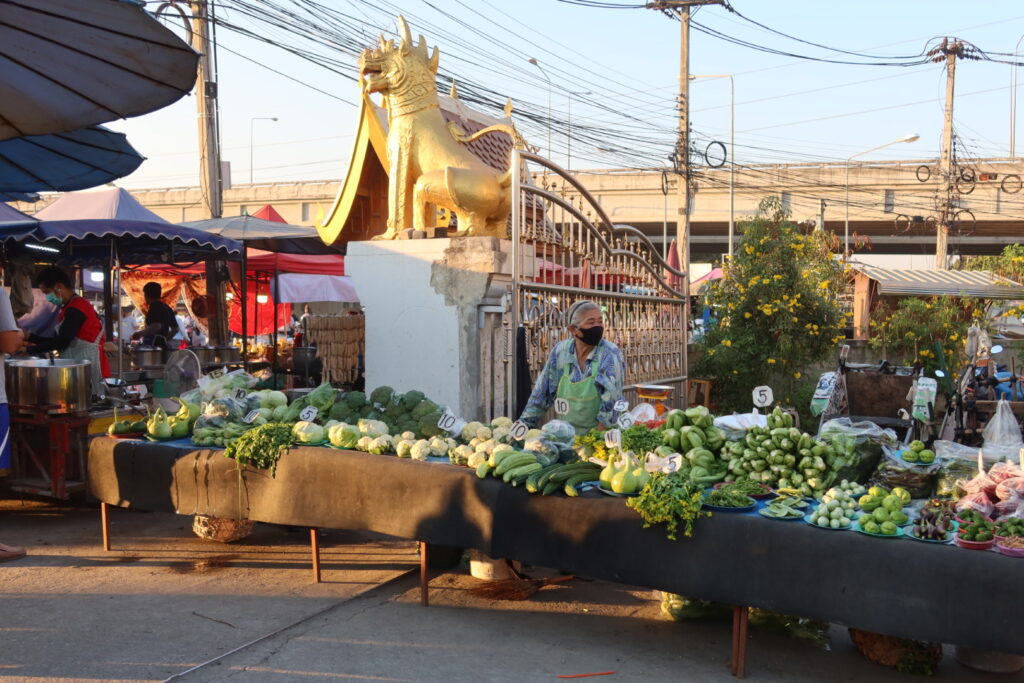
Local markets are a great place to learn something about life in Thailand. Many of life’s daily mini dramas are on show and there’ll always be food. Year round warm weather overall creates the right conditions for lots of them, both permanent and temporary. Some pop up seemingly for a few hours on certain days as part of the rhythm of life here. From rustic local produce and clothing markets, to more high-end artisan markets through to tourist markets (often called walking street markets – a lot of crap but still some interesting gems to found), there is a lot to explore . You could easily never cook in Thailand (and some Thais don’t much) due to the availability of affordable tasty food at almost any market, but particularly at what are generally known as night markets. The possibilities for snacks and food in general are endless, multi-various and at times ingenious. When I stayed at a massage school in a fairly ordinary semi-rural part of Thailand (about half an hour from Chiang Mai), I decided to explore the local market on the two or three times a week that it was on to see what I could discover.
Continue reading “Thai Market Culture. A Photo Essay.”Yoga in Chiang Mai, and how I got from practicing Gentle Yoga to Vinyasa Flow Yoga over 30 Years.
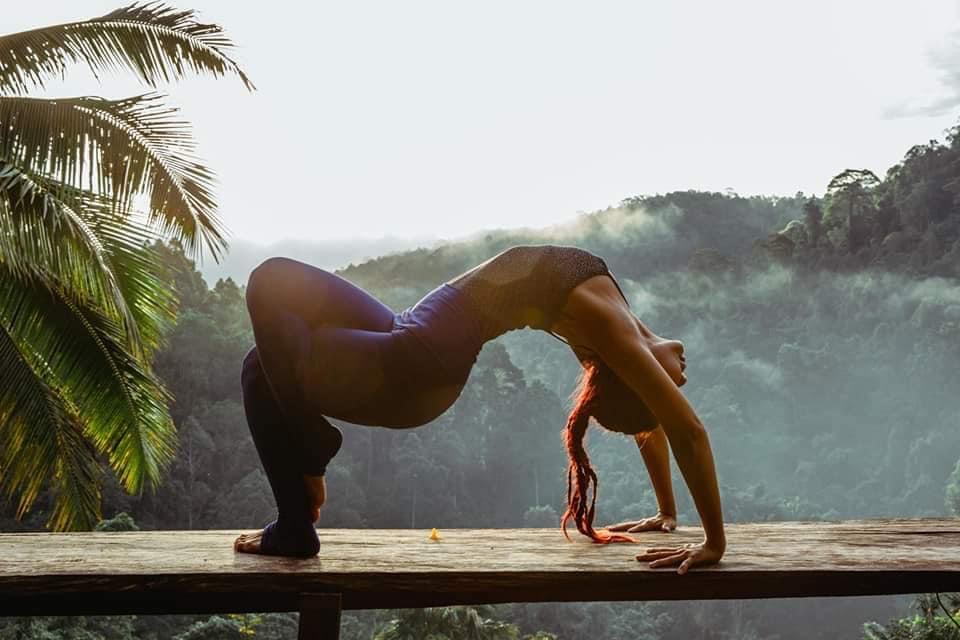
I’ve been practicing yoga for more than 30 years and have explored much of the full spectrum of practices available in that time. My development in practices of the asanas has in many ways been the wrong way round (compared to many people), moving from gentler slower forms of practice in my 30’s to more dynamic vinyasa flow practices as I’ve moved into my middle 50’s . Practicing in Chiang Mai in recent years, and with one teacher in particular, has been a big part of the reason for this.
Continue reading “Yoga in Chiang Mai, and how I got from practicing Gentle Yoga to Vinyasa Flow Yoga over 30 Years.”Cycling in Chiang Mai , The Buddhist Highway Code.
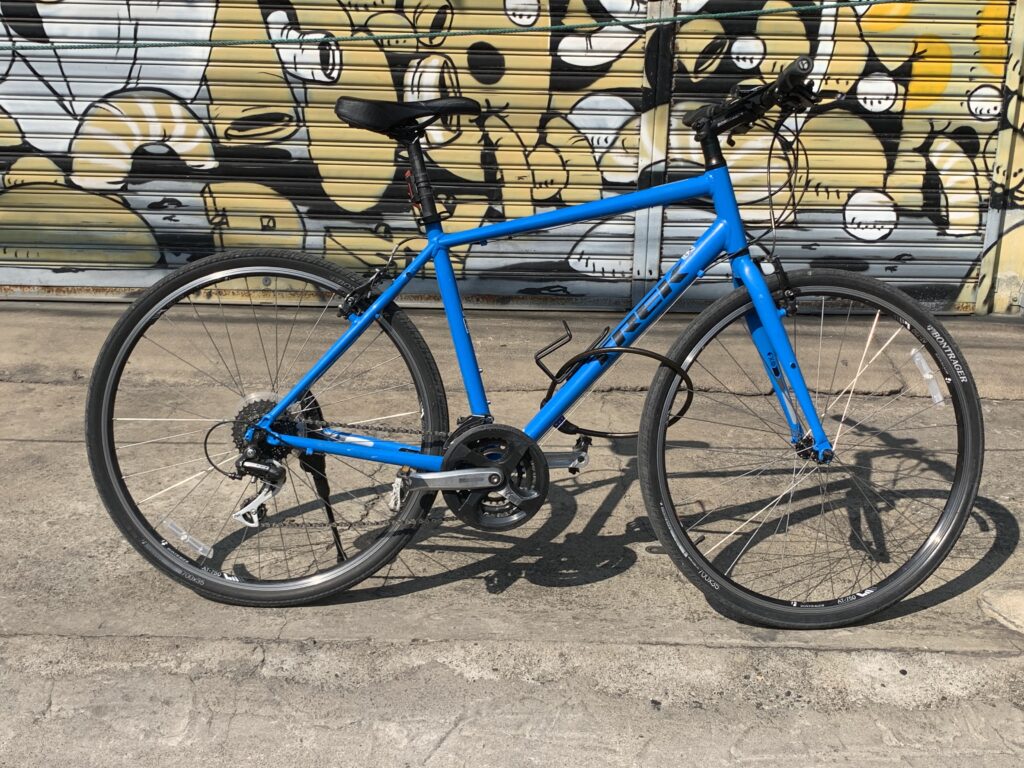
In Thailand some people like to go diving, zip wiring, sky diving , bungee jumping , bamboo white water rafting and more; but actually just cycling round the city of Chiang Mai and environs was quite an adventure. Plus it’s free, in fact more than free as it got me round without the use of Grab taxis (like Uber), red cars (public bus of sorts) or any other paid transport. ‘Wild Cycling’, if you like, with generally benevolent and courteous other road users, but a few predators to be understood and avoided, sharpened my senses as much as any expensive extreme sport. The roads may seem chaotic, even dangerous at times, but there is a learnable code in place (with random exceptions to watch out for).
Continue reading “Cycling in Chiang Mai , The Buddhist Highway Code.”